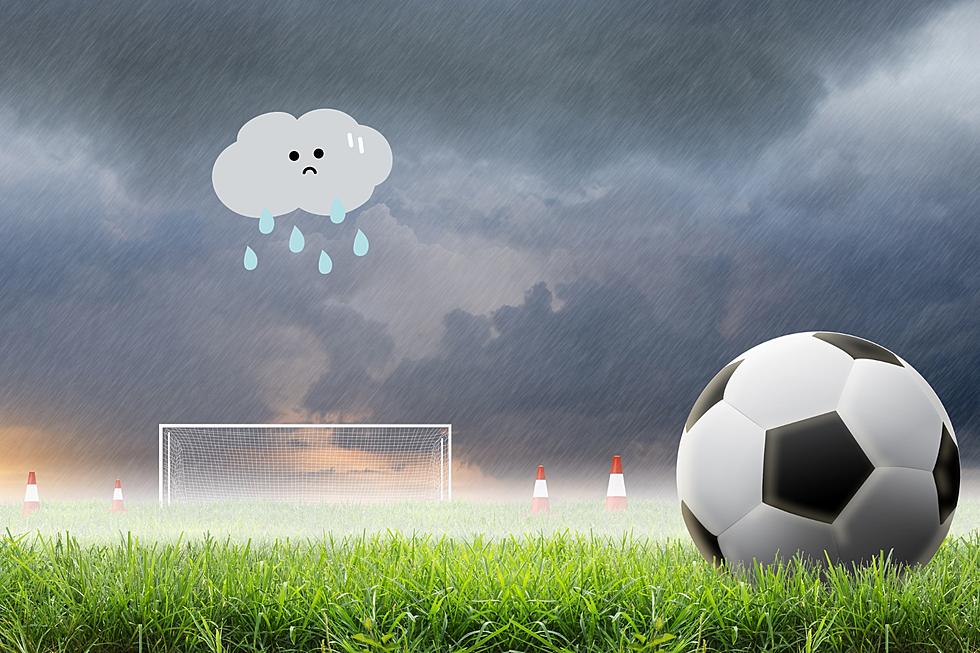
Are youth sports too violent?
Every day, 3,400 children sustain sports injuries that are severe enough to be treated in the emergency room. Last year alone, 1.24 million kids nationwide, ages 19 and under, were treated in emergency rooms for sports-related injuries.
That is one child every 25 seconds, according to a new report by Safe Kids Worldwide, which also found that one in three of those athletes admitted they were injured as a result of hard fouls or rough play. One in four said it was normal to play dirty during a game.
According to the report, more than half of 1,000 coaches interviewed said they have felt pressured by a parent or a player to put an athlete back into a game when a child has been injured, and 42 percent of the 1,000 young athletes interviewed said they had hidden or downplayed an injury so they could keep playing.
"We need to allow our coaches to be coaches, and we also need to make sure that our coaches have the training to know what to do to prevent an injury and what to do to take care of an injury," said Kate Carr, president and CEO of Safe Kids Worldwide. "Kids want to be out there and they want to play. Playing the game you love is very important, but playing when injured is not."
Safe Kids is offering the following tips for parents who want to keep their children safe while playing sports:
- Set the ground rules at the beginning of the season. Coaches bring together parents and athletes to agree on the team's approach to prevent injuries.
- Teach athletes ways to prevent injuries. Proper technique, strength training, warm-up exercises and stretching can go a long way.
- Prevent overuse injuries. Encourage athletes to take time off from playing only one sport, to prevent overuse injuries and give them an opportunity to get stronger and develop skills learned in another sport.
- Encourage athletes to speak up when they're injured.
- Put an end to dirty play and rule breaking.
- Get certified. Learn first aid, CPR, AED use and injury prevention skills.
"If we can teach our kids to speak up when injured, put an end to dirty play and empower coaches with the tools they need to be effective, then we can keep our kids playing safe and strong," Carr said.
For more information, visit www.safekids.org.
More From New Jersey 101.5 FM









